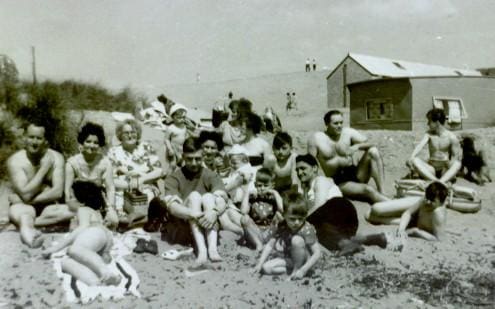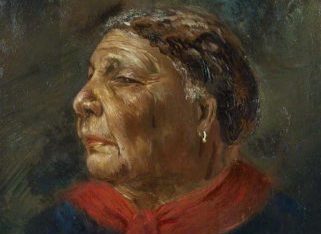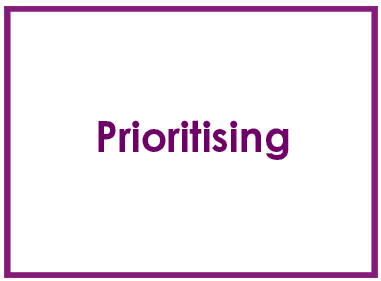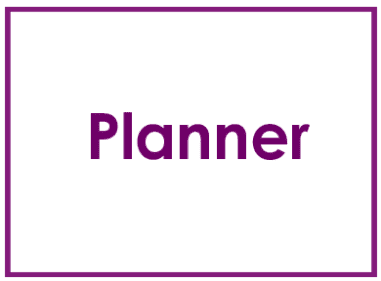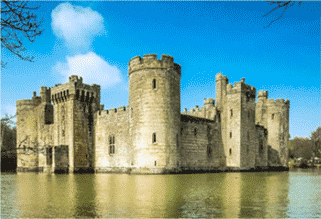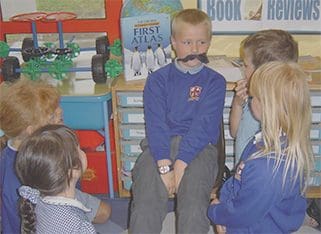
There are two types of events that are expected to be taught to KS1 pupils as part of the National Curriculum. One is commemorative events and anniversaries, the other significant events in the history of this country and the wider world. Increasingly these events are being linked to a more integrated topic approach build strong cross-curricular links. This is fine as long as the events chosen genuinely enable pupils to develop worthwhile historical skills and conceptual understanding and not just listen to an interesting story!
Lessons and activities
Please note that the lessons and smart tasks on the topics below have accompanying resources to download and that most of the PowerPoint presentations on the site have been kept deliberately simple, anticipating that you will want to personalise them.
If you need a detailed plan for your work on the Gunpowder Plot, have a close look at the resource entitled: Planning the Learning journey: The Gunpowder Plot AVAILABLE TO SUBSCRIBERS ONLY
Anniversaries and commemorative events
The most popular events by far are those described in the QCA schemes of work and early KS1 textbooks. It will come as no surprise to learn that the Gunpowder Plot is the most popular followed by Poppy day. These are lots of other choices which look at traditions in western cultures (such as Harvest or Victorian Christmas), or in other cultures. Look out for famous events and commemorations, not just the Olympic cycle but also other anniversaries that will attract media attention. Just a word of warning when teaching the Gunpowder plot. It is fine to do as a whole school topic, but if you want to add some thing different in Year 2, why not start in Year One with Bonfire Night concentrating on the celebration and how bonfire nights have changed in the past. Then in Year 2 you can look more at the plot itself and its links with commemoration today.
Significant events
We all know that the Great Fire goes down very well and is an excellent vehicle for developing historical understanding. It lends itself brilliantly to cross-curricular work too. Schools wishing to ring the changes though might like to consider some of the alternatives that have excited lots of Year 1 and 2 pupils recently. The Sinking of the Titanic has proved hugely popular and provides just as good a context as the Great Fire in my view. If you really want to get whole families as well as pupils interested you could do far worse than look at Man’s First Moon Landing. Experience has shown that adults and family members have a lot to offer pupils studying this piece of recent history and that it proves a remarkably good talking point. Once again, the opportunities for cross-curricular work are extensive. Not only clay footprints, deigning and making moon buggies, but also explaining why a bear could not have picnic on the moon’s surface and (wait for it) you can even make rock cakes!!
The over-riding criterion for choice of event, beyond significance and links with other curricular areas, must be that it provides a rich context for work on cause, consequence, change and interpretations. So if you have a favourite event, why not try it out. We are all being expected to innovate these days and your enthusiasm will rub off on the pupils. With the internet giving you such easy access to a range of ideas even resourcing should not be a problem.

